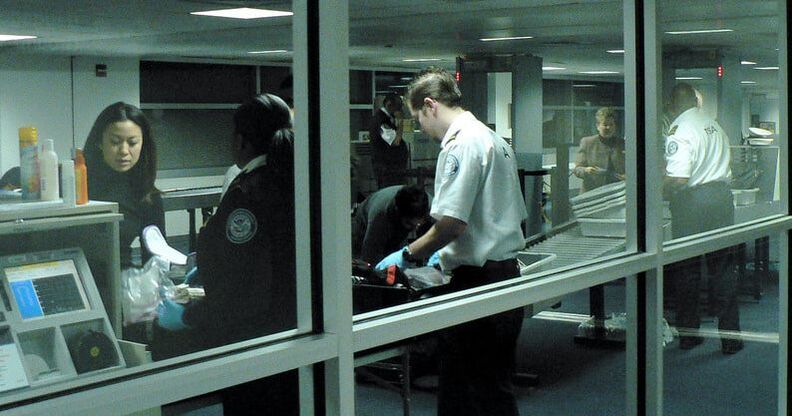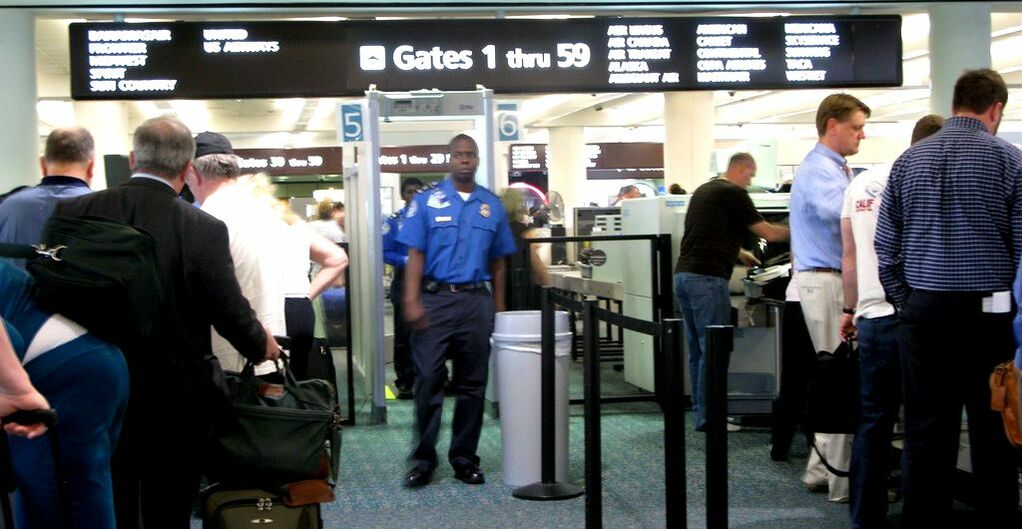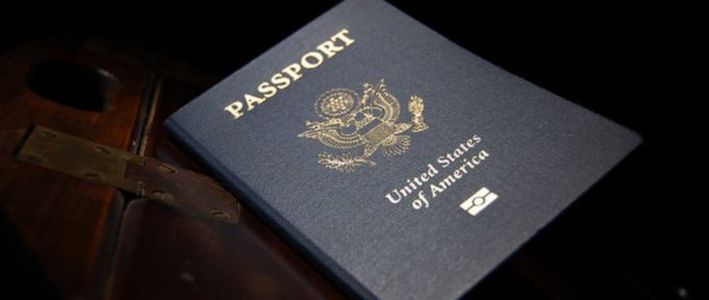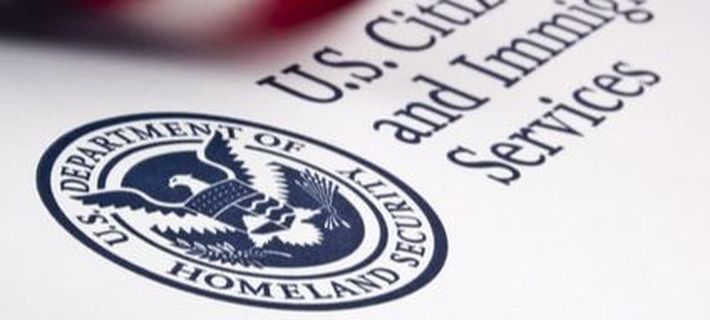As the Coronavirus (COVID-19) is continuing to impact travel and daily lives across the United States (US), travelers who legally entered the US by way of the ESTA/Visa Waiver program (VWP) may find themselves unable to depart the U.S, before their current period of admission will end. Earlier today, U.S. Customs and Border Protection (CBP) Deferred Inspections sites at John F. Kennedy International Airport in New York, New York and Newark Liberty International Airport in Newark, New Jersey provided guidance to individuals who find themselves in this situation.
Click "Read More" to continue reading.







 RSS Feed
RSS Feed